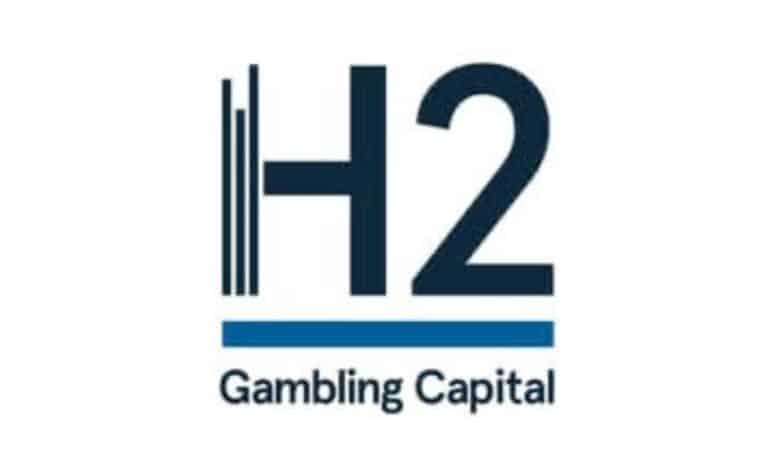Why Regulation Matters — Now More Than Ever
H2 identifies five core reasons why African governments must act:
- Consumer Protection: Without enforceable licensing requirements, players are exposed to fraud, identity theft, and unregulated game mechanics.
- Crime Prevention: Digital gambling can be used to launder money or facilitate underage betting — risks that only regulated frameworks can mitigate.
- Fiscal Opportunity: Licensed operators generate taxable revenue, but only when the system incentivizes them to stay in the market.
- Digital Innovation: A fair regulatory system encourages the growth of homegrown tech platforms, payment processors, and compliance tools.
- Cross-Border Consistency: Harmonized standards help curb illegal cross-border activity and allow for better data sharing and law enforcement cooperation
What Happens Without Regulation?
When there’s no incentive to operate onshore — due to uncompetitive tax regimes, licensing bottlenecks, or monopolistic structures — the industry moves offshore. H2’s data shows that unregulated offshore operators can capture up to 75% of GGR in poorly regulated markets.
This means:
– Local players are not protected.
– Governments collect minimal or no tax.
– Local entrepreneurs and developers are excluded from market opportunities.
– Illegal actors gain a competitive edge.
The Path Forward: Competitive Regulation
H2 recommends the following elements for a functioning regulated market:
– Open licensing: Allow multiple operators to apply, under transparent and non-discriminatory conditions.
– Digital-first oversight: Recognize the mobile nature of the market and adapt rules accordingly.
– Payment flexibility: Avoid forcing operators into single-payment integrations or exclusive monopolies.
– Tax simplicity: Ensure total fiscal burden (GGR tax + levies + monitoring fees) remains commercially viable.
If these conditions are met, H2 forecasts that Africa’s online gambling market could grow to $22 billion in annual GGR by 2029, with 90% of that revenue remaining in licensed, onshore markets.
The message is clear: regulating online gambling is not a matter of if — but how well.
